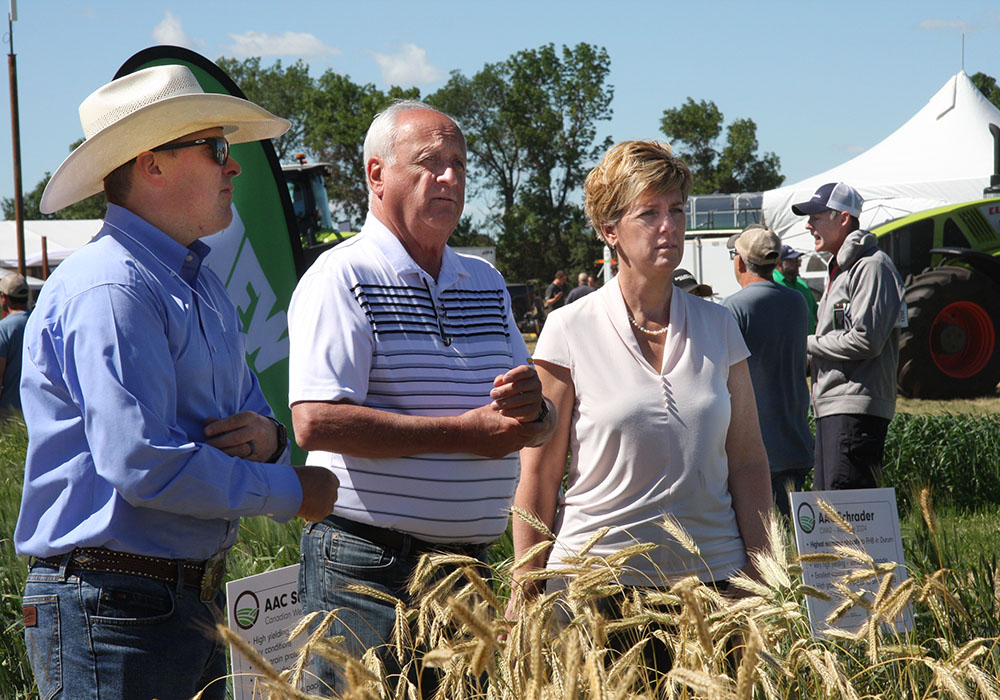SASKATOON — Canadian agriculture ministers have reached a deal on the next policy framework that includes more spending on strategic initiatives and AgriStability.
The Sustainable Canadian Agricultural Partnership will replace the current agreement on April 1, 2023.
The federal government agreed to provincial requests to boost the cost-shared strategic initiatives portion of the five-year agreement by 25 percent, or about $500 million. In return, the provinces moved to an 80 percent compensation rate for AgriStability.
Read Also

Saskatchewan throne speech promises strong economy
Saskatchewan’s legislative agenda for the coming year will focus on meeting the challenges of new world trading relationships, said the speech from the throne.
Half of the new spending is devoted to a $250 million Resilient Agriculture Landscape Program, which federal minister Marie-Claude Bibeau said would reward farmers and ranchers for environmental stewardship.
She said the framework includes a commitment to reduce greenhouse gases by between three and five megatonnes.
Further details were unavailable July 22 when the new deal was announced.
Bibeau said ministers also agreed to complete a new “faster, simpler and more predictable” AgriStability by next year. A one-year review of the business risk management programs is also underway to look at how to integrate climate risk into them. Pilot programs will look at how producers can use environmental practices that also reduce production risk, she said.
AgriInvest will also see changes. Producers with allowable net sales of at least $1 million will require an agri-environmental risk assessment by 2025 to receive contributions.
Host minister David Marit said the provinces are pleased with the increase to strategic initiatives because they will get more flexibility to offer tailored programs.
He and his counterparts from Alberta and Ontario issued statements after the meeting noting their displeasure with the federal government’s fertilizer emissions reduction target.
Although it’s not part of the framework, the ministers said they are worried about the arbitrary goal and lack of consultation.
Other topics the ministers discussed included the Russian invasion of Ukraine, a national agricultural labour strategy and a pilot program in Lloydminster designed to address concerns about interprovincial food trade.
Contact karen.briere@producer.com
















